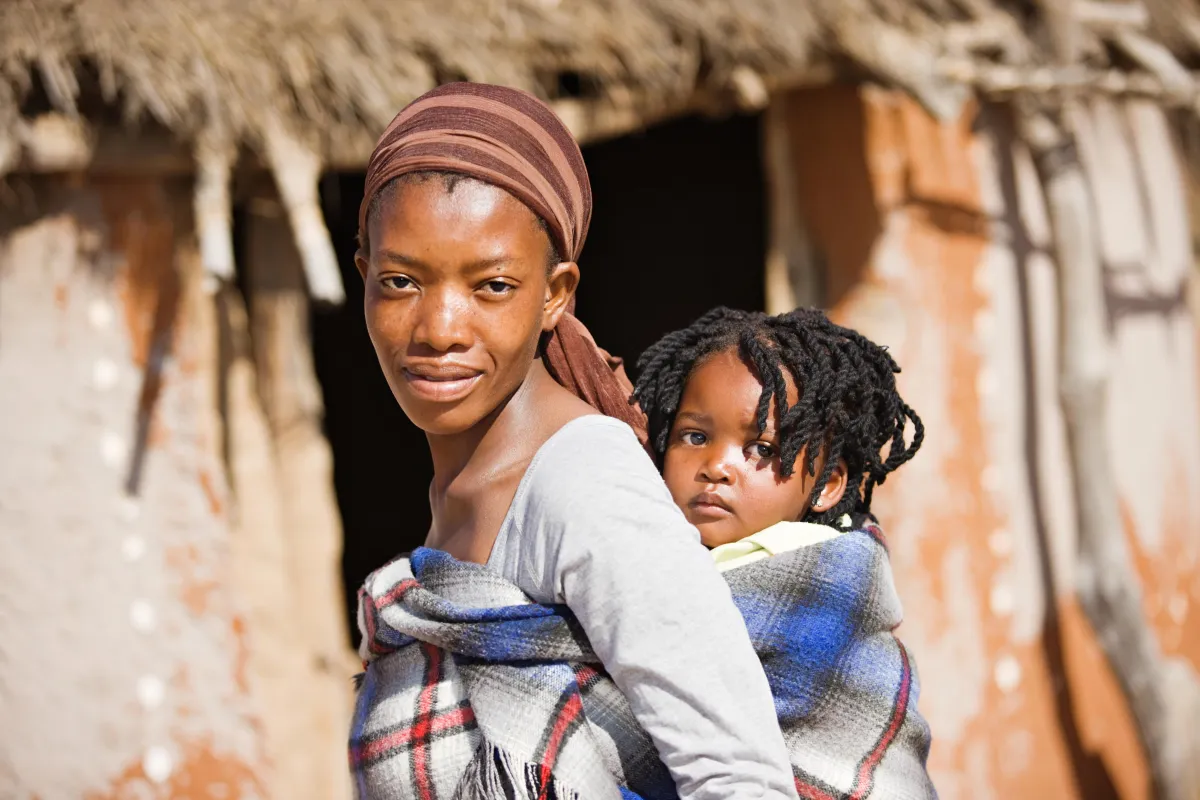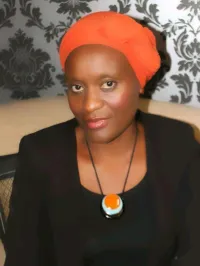Blog
How we think about mental health impacts our well-being. In these pages I offer my perspective - an African-centered, black-centered view of us and of what makes us well. an alternative path to healing both the personal and the collective.

Decolonizing Mental Health
The first thing I want to say about mental health is that mental, emotional and psychological pain are very real. Not only is the pain real but there is absolutely nothing wrong with it. The problem is that we go through years and years of life, schooling, and higher education without anyone ever teaching us how our emotions really work, their purpose and how to manage them. Another problem is that there is a myth in so-called “modern” society that we should not suffer. That life is supposed to always be easy, good and happy. But pain and suffering are part of the human experience, more specifically, part of the process of growing. We are, therefore, better off learning to live with our growing pains than trying to avoid them at all cost. That being said, intentionally inflicting pain on others or on ourselves has no value for anyone involved. Life will hand us enough pain without any help from us.
Our emotions exist for a reason. They are like a compass that helps us navigate the world by letting us know, for example, when there is real or potential danger (fear) so that we can take adequate precautions; when we are on the right path (happy, peaceful), or when we need to take overdue action (anger, jealousy). Sometimes our emotions get out of control for any number of reasons or they become overwhelming because we did not respond to the signals they were giving us, and they begin to interfere with our daily living. That is usually when we talk about mental health problems. All in all, there are usually good reasons why we feel and behave in the ways that we do, and what we need is help to get out of the tangle we have gotten ourselves into. This is the kind of help that good psychotherapy is so apt at providing.
Unfortunately, current mainstream approaches to mental health are more focused on numbing, controlling, and categorizing our feelings, than helping us go through them. This largely Western model for addressing mental health problems is strongly dominated by the medical model which is dualistic and compartmentalized (separates mind, body, and spirit) and favors the use of psychotropic medication to the detriment of psychological therapies and spiritually based interventions. This model medicalizes the human experience and pathologizes what are natural reactions to life’s challenges in a system that creates high dependency for patients and high profits for pharmaceutical companies. This despite only moderate symptom reduction and serious long-term side effects. It is of note to mention that, within the Western mental health field there are those who fight for a more humane approach that is in tune with our nature and responsive to individual needs. One such example is Dr. Joanna Moncrieff in the UK whose work highlights the problems with such a model. Another one is Dr. Stanislav Grof in the US whose model integrates ancient healing practices in what he calls a psychology for the future. Sadly, the medical model has become overwhelmingly dominant and there have been and continue to be efforts to export this model to other parts of the world, often with little or no regard for local indigenous practices, or for the capacity of local health systems to deal with the health problems that come with the wide scale use of psychotropics.
The challenge for the field is to make psychotherapy and counseling more accessible to all and to more actively integrate spiritual and traditional healing practices. As black and African people and as women we must be aware of how mental health services have historically been used as tools for repression, oppression and the colonization of minds. Fear of this violent facet of mental health services and the idea that psychological services are “not for us” due to stigma deter many black people from seeking help when in need. Rather than shun those services altogether because of their history, we must demand better services that respect our cultural integrity.
All societies have had ways of dealing with mental health issues, some more helpful than others. Harmful practices have also abounded in all cultures. However, some universal ancient practices have been found to be effective. Some of those have survived in modern psychotherapy, albeit considerably watered down, others are found in more alternative forms of psychotherapy. In many African societies and Black communities around the world, spirituality and community are at the center of life, consequently also of approaches to mental health. One of the reasons that many black people find it difficult to relate to mainstream counseling or psychotherapy is that it is so divorced from spirituality. People feel that an important part of them is neglected. A big part of mental health problems is a disconnection from who we really are, from our spiritual source and from the sacred rituals that connect us as a community. A therapy that is going to help people back to wholeness then must include the spiritual and some form of community.
Copyright © 2024 Yema Ferreira, All rights reserved.
